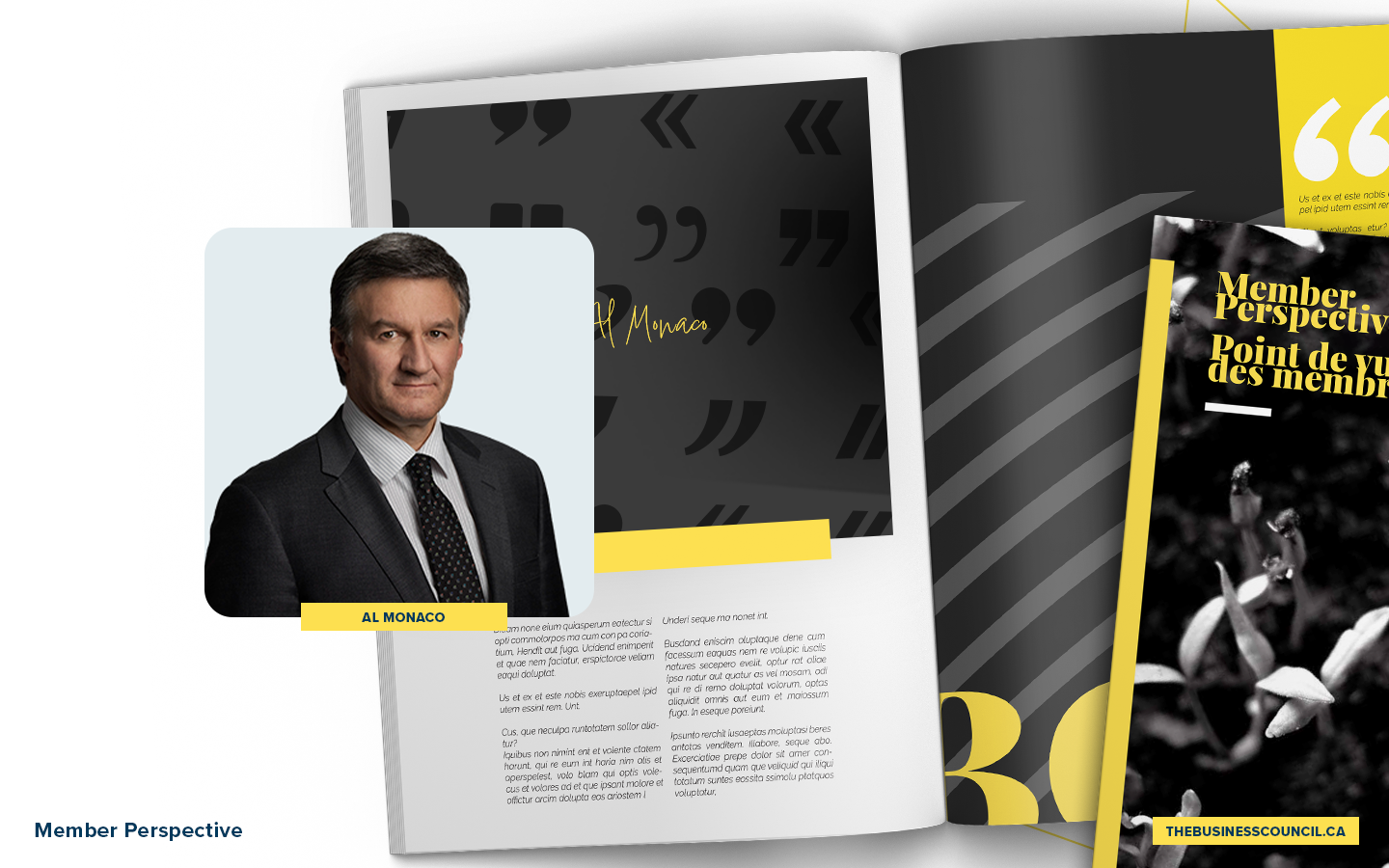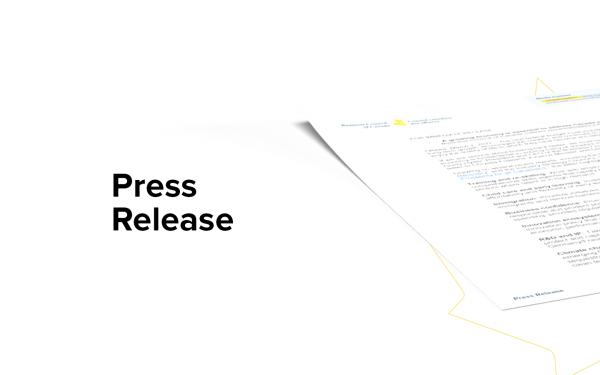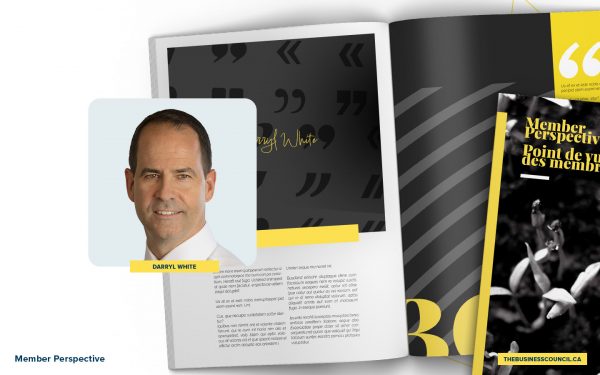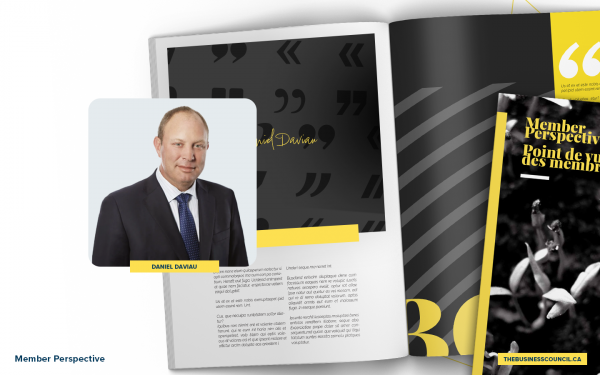Canada can lead the global energy transition
In a world marked by growing instability and increasing demand for clean and reliable energy, Al Monaco believes we’re at an inflection point and Canada can play a key role in leading the global energy transition. He shares this perspective in an address and fireside chat at the Canadian Club Toronto.
“Canadian energy can have a significant impact on reducing global emissions.”
Al Monaco, President and CEO, Enbridge Inc.









